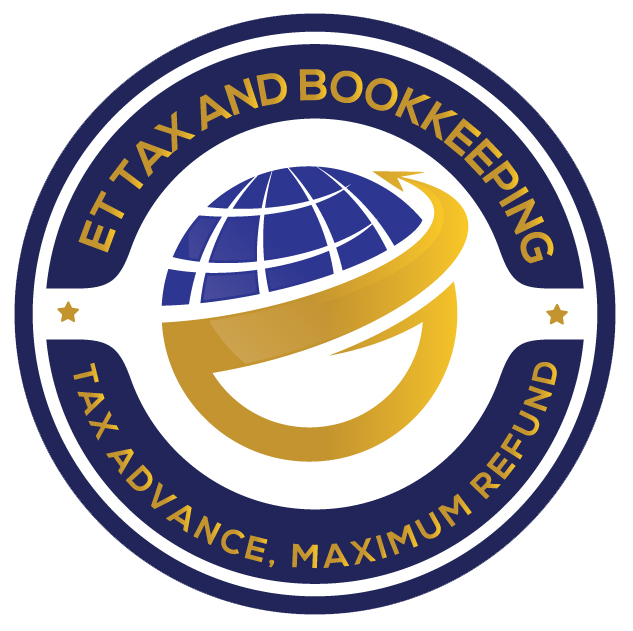Benefits of Cloud Accounting for Small Businesses.
In today’s digital age, cloud computing has revolutionized how businesses manage their operations, especially when it comes to accounting. Small businesses are increasingly turning to cloud accounting solutions due to their flexibility, accessibility, and cost-effectiveness. Let’s explore the significant benefits that cloud accounting offers to small businesses:
1. Enhanced Accessibility and Flexibility
Cloud accounting allows small businesses to access their financial data anytime, anywhere, as long as they have an internet connection. This accessibility is particularly beneficial for business owners and managers who need to check financial information on the go or collaborate with remote teams and accountants.
2. Cost Savings
Traditional accounting software often requires significant upfront investment in hardware and software licenses. In contrast, cloud accounting operates on a subscription basis, eliminating the need for expensive installations and updates. Small businesses can save on IT infrastructure costs and allocate resources more efficiently.
3. Real-Time Financial Insights
With cloud accounting, small businesses can gain real-time visibility into their financial performance. Updated automatically, financial data is readily available for analysis and decision-making. This capability enables businesses to react quickly to market changes, identify trends, and make informed strategic decisions.
4. Improved Collaboration
Cloud accounting promotes collaboration among team members and external stakeholders, such as accountants and advisors. Multiple users can access and work on the same data simultaneously, fostering better communication and teamwork. This seamless collaboration enhances efficiency and reduces the likelihood of errors that can occur with manual data transfers.
5. Enhanced Security and Data Protection
Cloud accounting providers invest heavily in robust security measures to protect sensitive financial information. These measures often include encryption, secure data centers, and regular backups, offering small businesses peace of mind that their data is safe from cyber threats and disasters.
6. Scalability
As small businesses grow, their accounting needs evolve. Cloud accounting solutions are scalable, allowing businesses to easily upgrade or downgrade their plans based on their current needs. This scalability ensures that businesses can adapt their accounting processes without the limitations of traditional software.
7. Compliance and Regulatory Updates
Staying compliant with financial regulations and standards is crucial for small businesses. Cloud accounting software automates updates to comply with regulatory changes, ensuring businesses are always up to date with the latest requirements without manual intervention.
Conclusion
Cloud accounting is transforming the way small businesses manage their financial operations. By providing enhanced accessibility, cost savings, real-time insights, improved collaboration, enhanced security, scalability, and compliance, cloud accounting empowers small businesses to streamline their accounting processes, drive growth, and achieve long-term success in a competitive marketplace.
Embracing cloud accounting allows small businesses to focus more on their core activities and less on administrative tasks, ultimately paving the way for innovation and business expansion. Whether you’re a startup or an established small business, adopting cloud accounting can be a strategic move towards efficiency and profitability.








